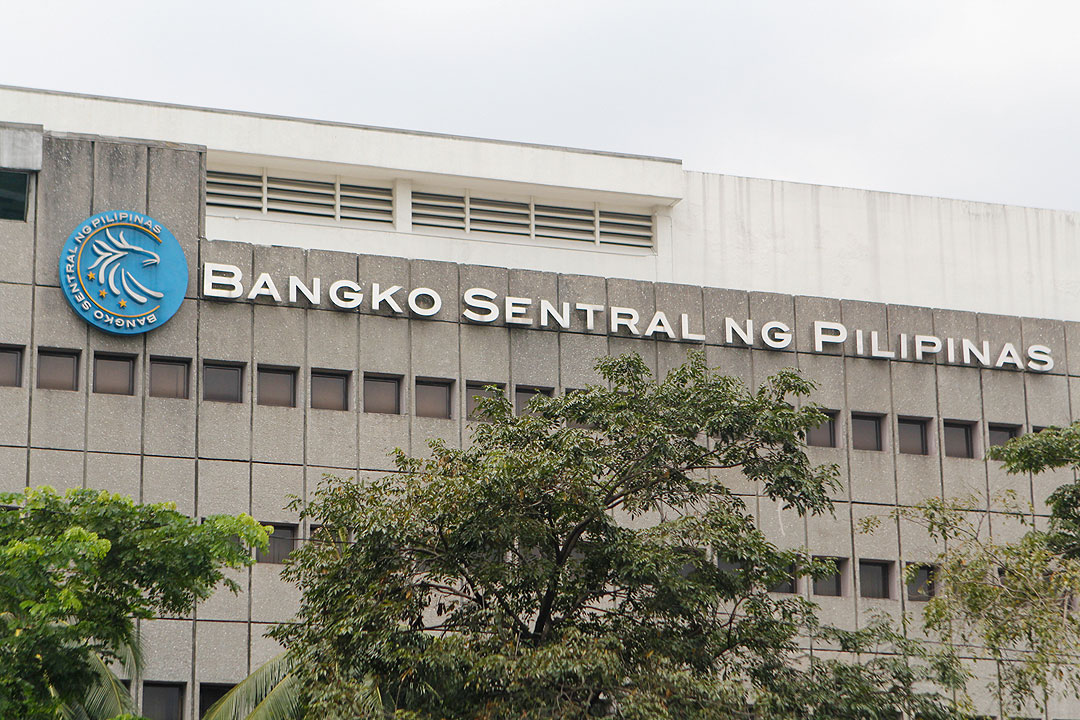BSP presses Congress to approve key reforms

The Philippine central bank is pressing Congress to approve several key reform measures, including one that would amend the bank secrecy law.
Lawmakers are under pressure to pass the Duterte administration’s priority bills before they go on break on Feb. 4 for the election campaign.
The Bangko Sentral ng Pilipinas (BSP) identified bills that would support the economy’s recovery after the pandemic — the Bank Deposits Secrecy Bill, the proposed Financial Products and Services Consumer Protection Act, amendments to the Agri-Agra Act, amendments to the charter of the Philippine Deposit Insurance Corporation (PDIC), and the Bank Accounts and E-wallets Regulation Bill.
“The BSP’s legislative agenda aims to strengthen the banking system, foster financial inclusion, enhance the delivery of and address social issues related to access to financial products and services, and support economic growth,” BSP Governor Benjamin E. Diokno said in a press release Friday.
The BSP supports the Bank Deposits Secrecy bill, saying this would equip it with necessary tools to prove fraud, irregularities, and unlawful activity.
“The bill will also allow the BSP to holistically examine a banking institution to consider all risk areas in assessing a bank’s financial condition, risk management, and corporate governance,” BSP said.
The measure would allow the central bank to look into accounts of bank officials and employees when there are grounds for fraud.
The House Committee on Banks and Financial Intermediaries in February 2021 approved House Bill (HB) 8991, which amends Republic Act No. 1405 or the Secrecy of Bank Deposits Law, while there are five versions of the bill in the Senate.
Mr. Diokno also said the proposed Financial Products and Services Consumer Protection Act is “envisioned to provide an armor of protection to all financial consumers.” House Bill 6768 have been approved on third and final reading, while six versions have been filed in the Senate.
“It will ensure that relevant government institutions and financial regulators will be fully equipped with the legal authority to enforce prudent, responsible, and customer-centric standards of business conduct,” he added.
Meanwhile, BSP said amendments to the Agri-Agra Reform Credit Act of 2009, which sets a percentage of a bank’s loan portfolio for agriculture, would strengthen rural development.
The central bank wants to amend the law so that loans in the agricultural value chain – including distribution, manufacturing, processing, and manufacturing – are part of compliance with the quotas.
House Bill 1634, which tackles the expansion of eligible agri-agra loans, was passed on third reading in March 2020, while the Senate counterpart is pending at the committee level.
Finally, the BSP supports amendments to the charter of the Philippine Deposit Insurance Corporation (PDIC) and the Bank Accounts and E-wallets Regulation bill.
Changes to the PDIC charter, it said, would make the state deposit insurer an attached agency of the BSP instead of the Department of Finance to promote policy coordination and streamline the financial sector’s regulatory framework.
“To protect people from falling prey to various cybercrime schemes, the BSP also supports the legislative measure that will regulate and prohibit the use of bank accounts, e-wallets, and other financial accounts for criminal activities,” BSP said.
“Should this measure become a law, it will strengthen consumer protection and inspire trust and confidence in the financial system.” — Jenina P. Ibañez



